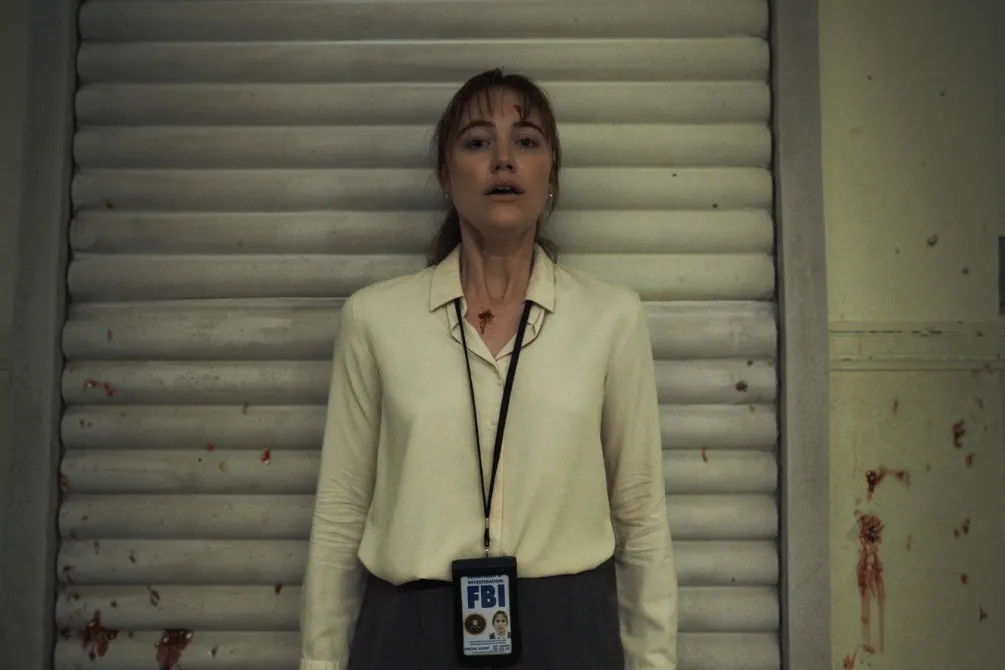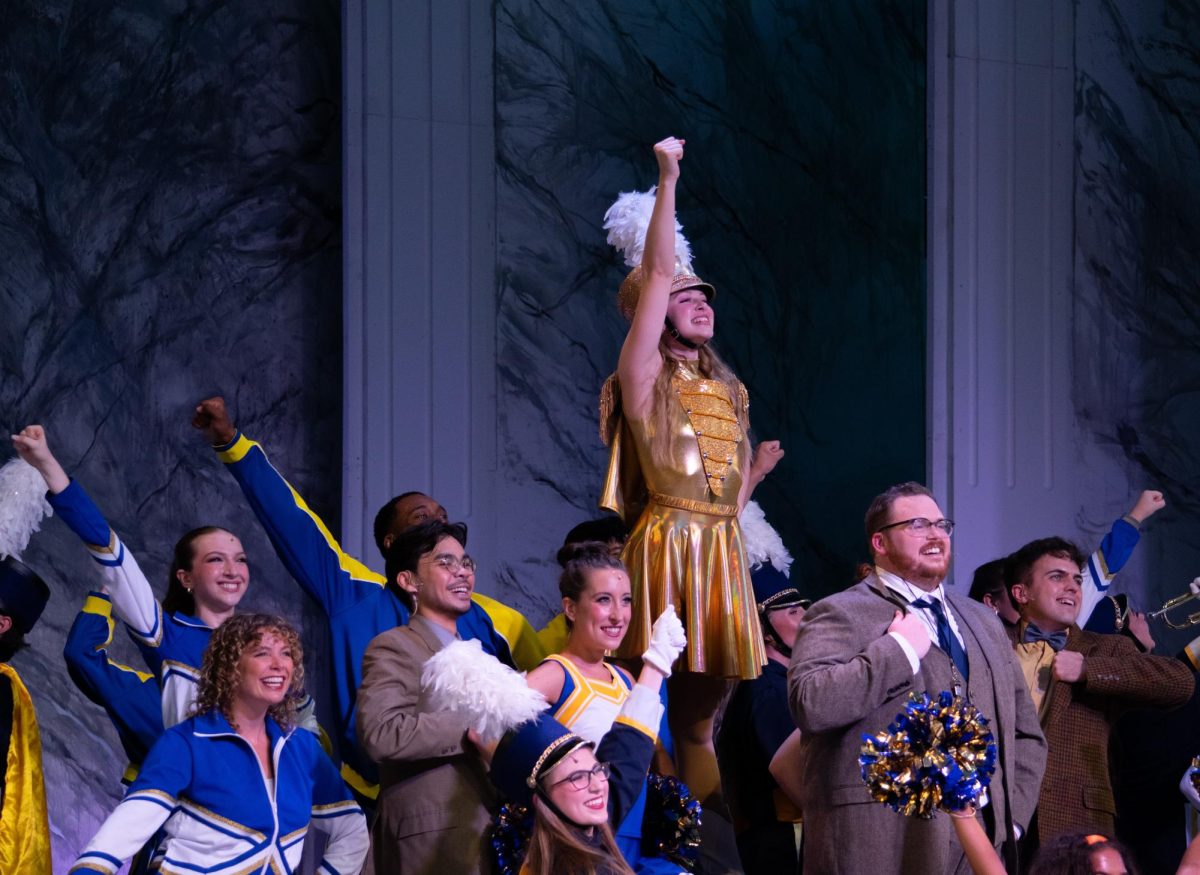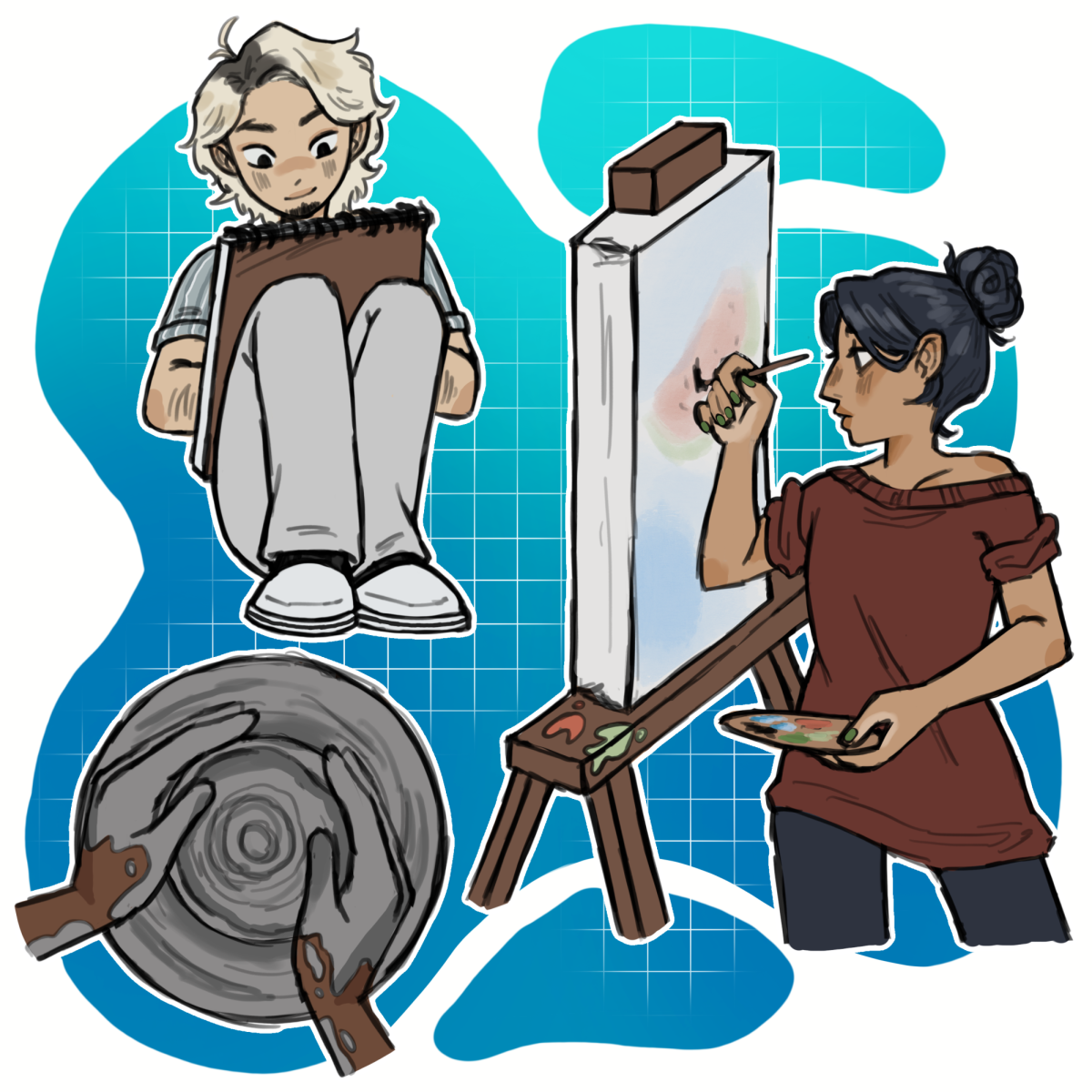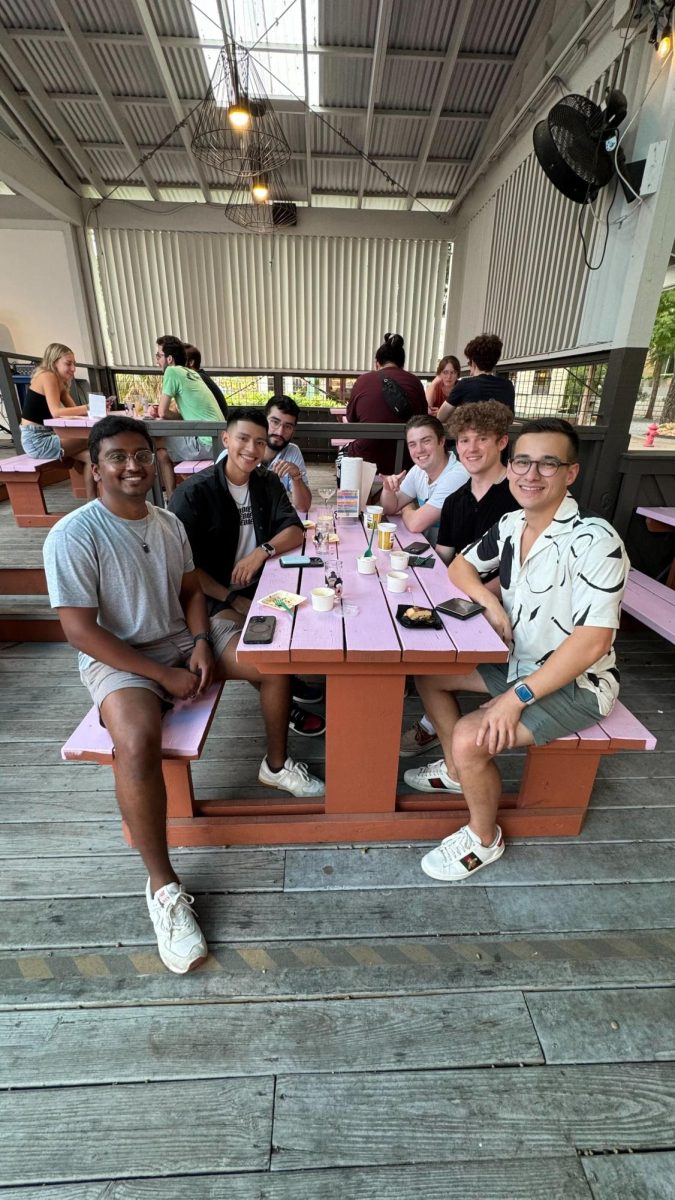Kwame Alexander, Newbery Award-winner and acclaimed poet, knows how to tell a memorable story. But he’s also aware that sometimes it’s hard to get kids to read, which is why he uses sports and poetry to hook kids on reading. The Daily Texan spoke to Alexander before his appearance at the Texas Book Festival on Nov 5.
The Daily Texan: In many of your works, you include poetry and verse. Why is exposure to poetry important for younger audiences?
Kwame Alexander: I think it reaches across all levels of interest, whether you have a student who is excited about literature or a student who has never read a book because poetry is so concise. It uses rhythm and rhyme; it can talk about such heavy and emotional things in so few words.
DT: What got you interested in writing?
KA: My parents read to me as a child and I read a lot as a child. As I got older, they began forcing me to read bigger texts and I began to fall out of love with reading because I was being forced to read books I wasn’t interested in. Eventually I found my way back to literature through poetry. Poetry wasn’t intimidating to me — it was something I could get through pretty quickly and still get a full dose of soul food for the mind and heart. I found my way back to a love of literature through poetry and that is what I try to preach to kids. I try to make sure that kids get that full dose of appreciation for the power of words.
DT: What is it like being a Newbery-award winning author?
KA: It is like all of a sudden having a megaphone that everybody in the community can hear. When you speak about the joy of reading, when you read a poem by E.E. Cummings that you love or when you talk about the power of literature, people listen … The other thing is that more kids are reading my books and that is a good feeling. It is like winning the literary lottery and all of a sudden I became an overnight success after 23 years of hard work.
DT: “The Crossover” and “Booked” both use the backdrop of sports. Why do you use sports as a way to tell your stories?
KA: I want to hook kids on books. I don’t want to be didactic; I don’t want to preach; I want to give them messages and lessons and windows into hope and love and jealousy and success. The best way for me to do that is to use sports as a metaphor.
DT: How important is diversity in children’s literature?
KA: Everybody wants to see themselves reflected in the world, whether it is a television show, a movie or a book. We all want to be validated that we are significant and valued. The way to do that for children, to instill that kind of confidence and assuredness, is through literature. If the child is not able to see themselves reflected in a book, then that is unjust [and] it doesn’t help that child become the person they are supposed to be. I often say that the mind of an adult begins in the imagination of a child, so you have to be able to give a child a mirror to see themselves and a window to see other people so that they can learn how to be respectful and accepting.
DT: Do you think children’s literature is moving in the right direction when it comes to diversity and representation?
KA: Absolutely. We are getting much better at being sensitive and sensible in the kinds of books we publish. We are getting sensible in the way we publish books and in the kinds of people we are getting to write about. We are opening up the landscape so that more people of different backgrounds and cultures have an opportunity to write their own stories.
Kwame Alexander will be at the Texas Book Festival on Nov. 5 at Capitol Auditorium from 1:15 p.m.-2 p.m.














